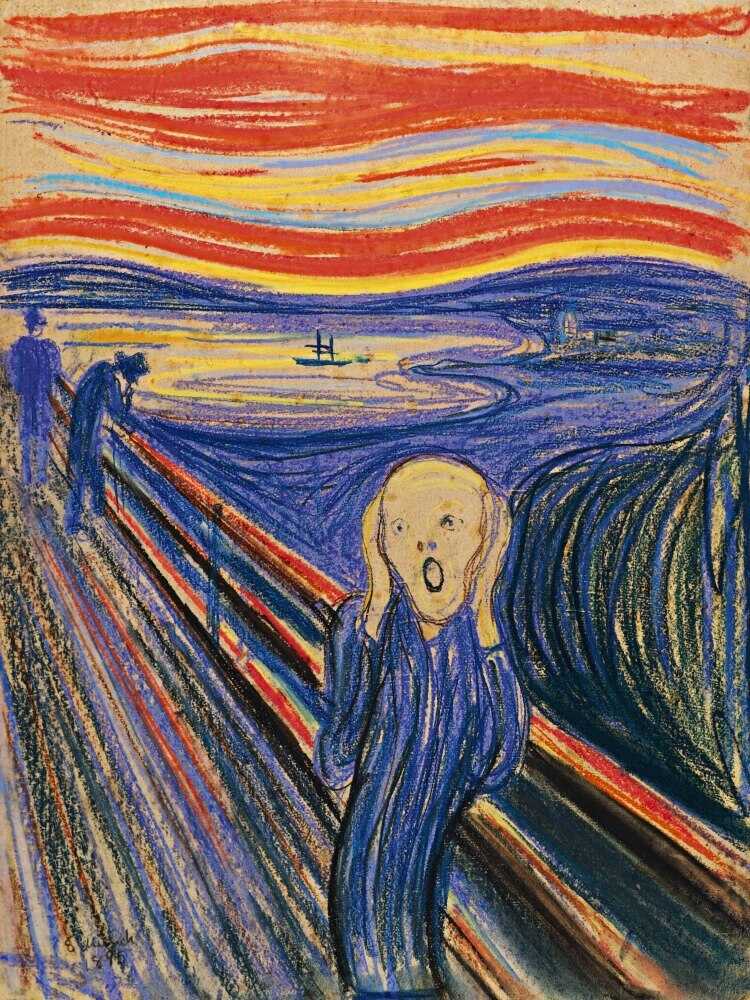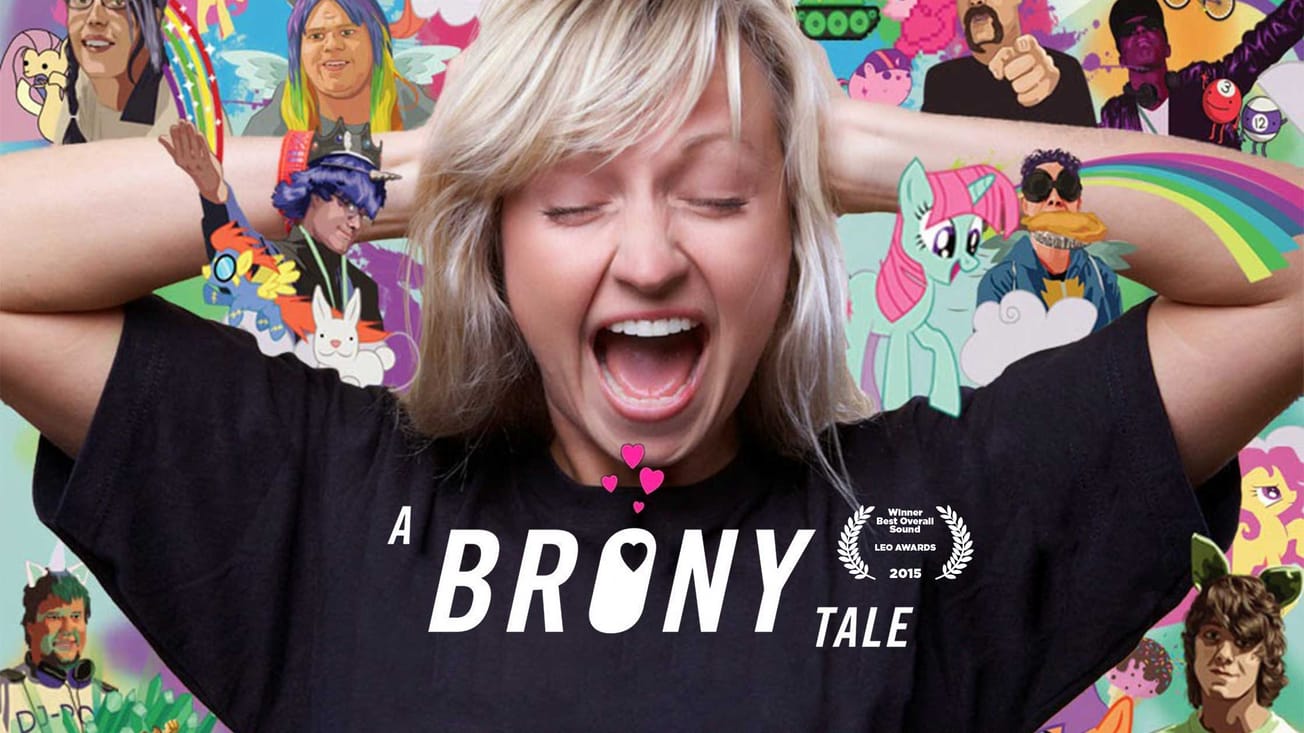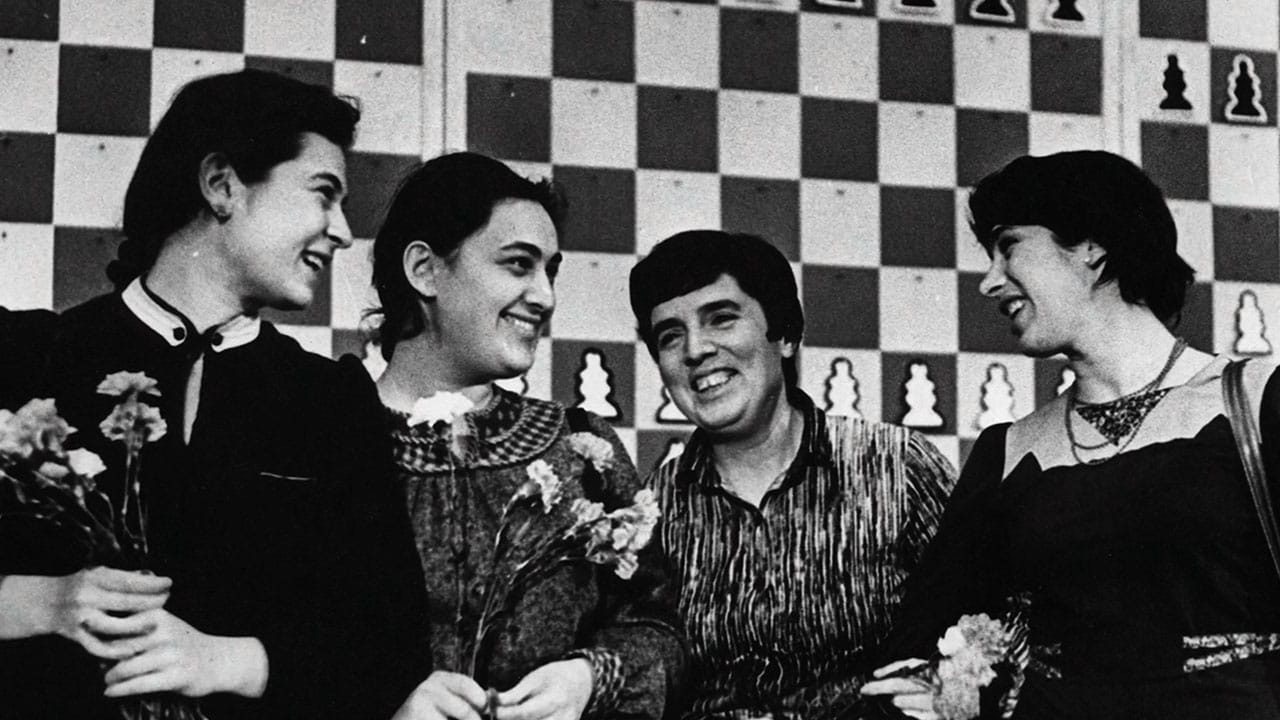Keywords: The Weekly: The Rabbit Hole, Alyse Shorland, Gemma Jordan, YouTube algorithm, radicalization, far-right ideology, technology, social media, investigative journalism, New York Times. Three words: 'Eye-opening', 'Unsettling', 'Relevant'
"The Weekly: The Rabbit Hole" is a gripping documentary directed by Alyse Shorland and Gemma Jordan, released in 2019. It delves into the dangerous world of the YouTube algorithm, exploring how it can lead unsuspecting viewers down a path of radicalization.
Synopsis
In "The Weekly: The Rabbit Hole", we follow the journey of Caleb Cain, a young man who was led into the realm of far-right ideology through YouTube videos. The documentary reveals how YouTube's recommendation algorithm, in its quest for longer viewer engagement, can inadvertently promote extremist content, trapping viewers in an echo chamber of radical views.
More Film Analysis
Analysis
The documentary takes an investigative approach, using Cain's story as a case study to expose the potential dangers of YouTube's algorithm. The depth of research and exploration of the subject is impressive, shedding light on a largely unexplored aspect of our increasingly digital world.
Historical and Factual Context
The documentary comes at a time when the influence of social media on our beliefs and actions is under intense scrutiny. It provides context by explaining the mechanics of YouTube's recommendation algorithm and its evolution over time.
Key themes in the film
- The influence of technology on our beliefs and actions
- The potential dangers of echo chambers in social media
- The role of algorithms in shaping our online experience
Film Comparisons
"The Weekly: The Rabbit Hole" can be compared to other documentaries about the influence of social media, like "The Social Dilemma". However, it stands out in its specific focus on YouTube and its potential role in promoting radicalization.
Noteworthy Moments
A significant moment in the documentary is when Cain realizes he has been manipulated by the YouTube algorithm and decides to pull himself out of the far-right echo chamber.
Reviews
"The Weekly: The Rabbit Hole" has been lauded for its deep dive into an underexplored topic. Critics have praised it for shedding light on the potential dangers lurking in the corners of our digital world.
Conclusion
"The Weekly: The Rabbit Hole" is an essential watch for anyone interested in understanding the impact of technology on our lives. It's particularly relevant for tech enthusiasts, educators, parents, and policymakers.
More film information:
FILM SUMMARY
- IMDB score: 8.0/10
- Rotten Tomatoes score: 89%
- Metacritic score: 75/100
- Film festival awards: N/A
PERSONALITIES
- Alyse Shorland: Director
- Gemma Jordan: Director
- Caleb Cain: Featured subject
LOCATIONS
- YouTube's digital landscape
Key Questions Raised by the Film:
- How does YouTube's algorithm influence our beliefs and actions?
- Can technology lead to radicalization?
- What can be done to prevent the spread of extremist content on YouTube?
Links for Further Exploration:
- The New York Times - Detailed article about Caleb Cain's story
- The Guardian - Article about how YouTube's algorithm distorts the truth
I wonder what the film would be in another art form



- If this film was a famous book, which one would it be? "1984" by George Orwell - for its exploration of manipulation and control.
- If this film was a famous song, which one would it be? "The Sound of Silence" by Simon and Garfunkel - for its commentary on societal isolation.
- If this film was a famous piece of art, which one would it be? "The Scream" by Edvard Munch - for its depiction of existential dread.
- If this film was a famous celebrity, who would it be? Edward Snowden - for his role in revealing uncomfortable truths about technology.
- If this film was a color, which one would it be? Red - for its warning about the dangers of unregulated technology.
- If this film was a music style, which one would it be? Electronic - for its focus on the digital world.








